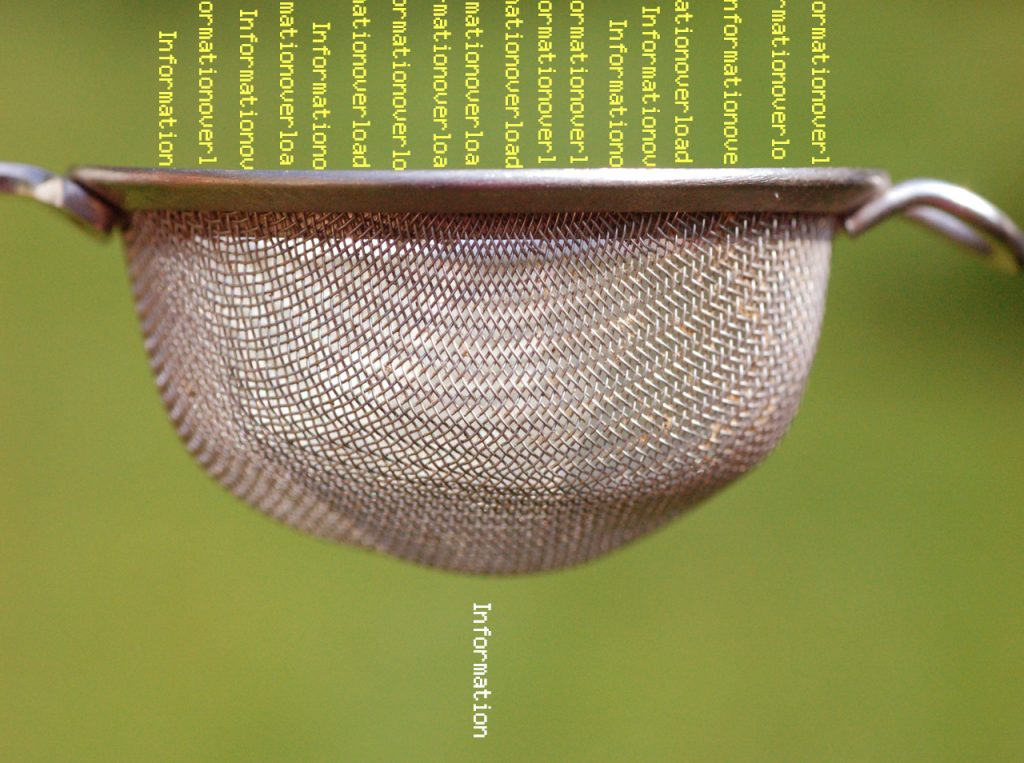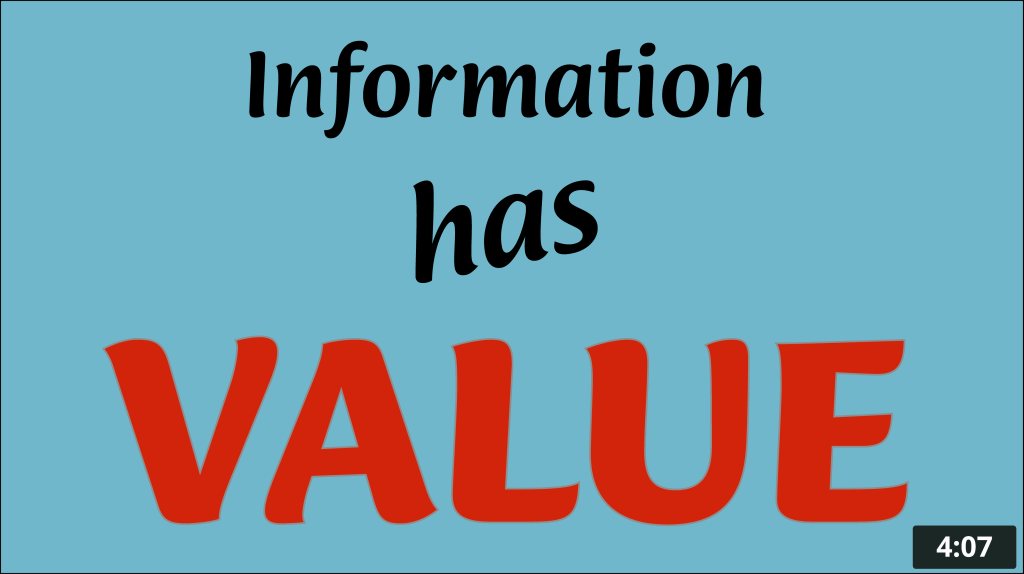1 Identifying the value of the information around us

Welcome to the world of information and how to get to the good stuff.
In this module, we’ll go over how and why knowledge and information are created, why you should care, and how you can know you are getting what *you* need to succeed in your courses. Finally, you will understand why information is prone to misinformation.
Why is this important?
You’ll build your skills to properly search for and apply the work of other scholars in your papers and assignments.
Identifying the value of the information around us
We are all aware of the information we create: poems, essays, social media posts. Sometimes we value this information and share it with others. But who values the other stuff around us? All those advertisements, news articles, books, etc.? Why should we care?
Recognizing why information has value (both to ourselves and to others) is important. Especially as a student and as a scholar.
The following video will enhance your understanding of this. Play video: Information has value.
Important terms in this video
scholar
- A professional with expertise in a specific area of study
- Someone who studies academic material
scholarly publication
- A piece of work, created by a professional with expertise in the area of study and peer reviewed by other experts.
scholarly conversation
- Discourse between people with expertise on a topic who use evidence that is peer reviewed and scholarly.
subject librarian
- A professional librarian who is well-versed in a particular area of study. They can help you find better sources/resources and answer any in-depth questions you may have.

